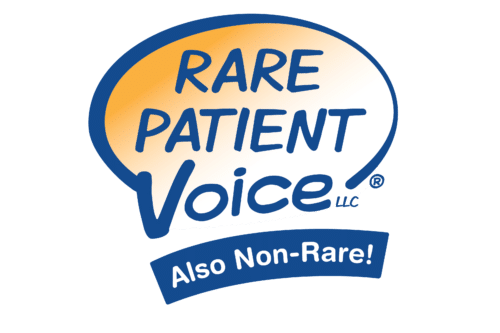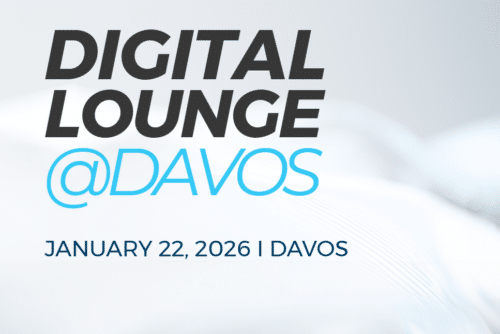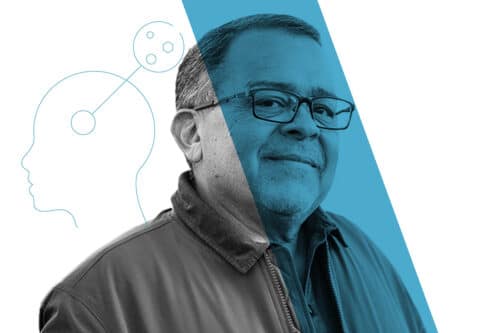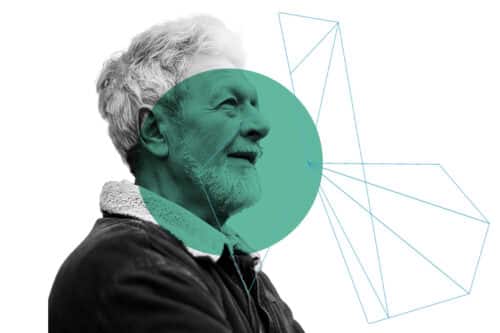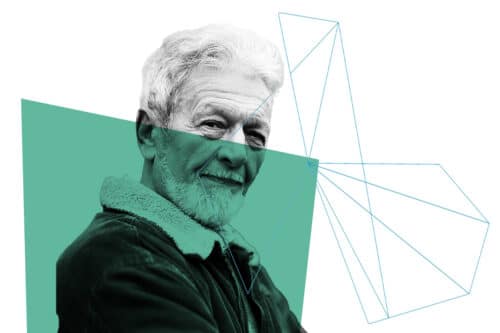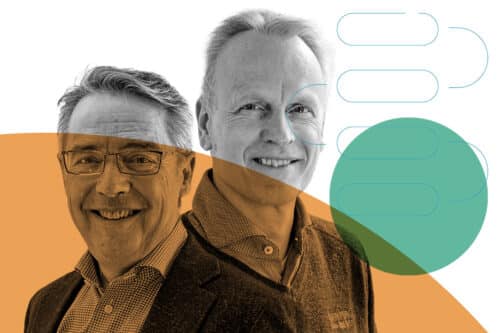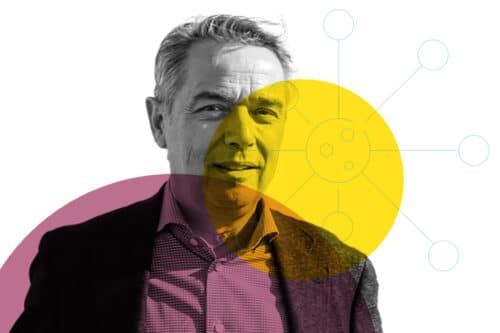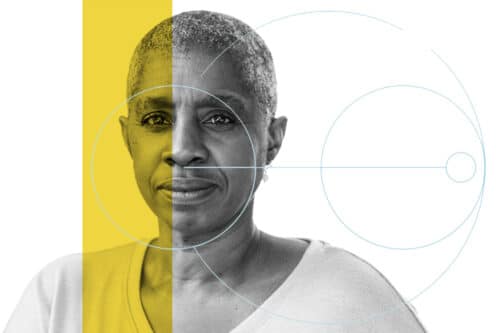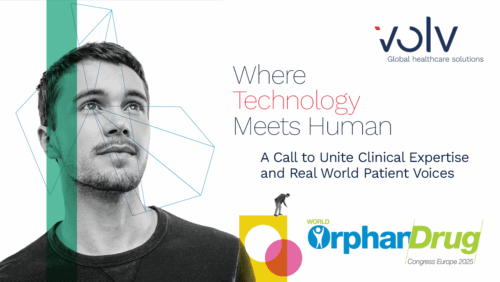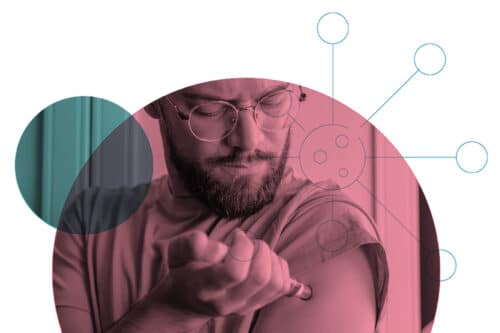This article is also available in French and originally published 24 Heures. Read the original article
Based in Épalinges, the small company has developed an innovative AI model to improve diagnostics. A company profile.
In Brief:
- Volv Global uses AI to detect rare diseases through unique models.
- The company collaborates with major pharmaceutical multinationals for research.
- Their algorithms could reduce healthcare costs by enabling early diagnoses.
A British Accent, Whippets, and Secret Algorithms
A touch of a British accent, three whippets to remember before opening the door, and closely guarded algorithms … The offices of Volv Global, located at the Biopôle in Épalinges, are a world of mystery. This is partly because the company collaborates with the largest pharmaceutical multinationals, and partly because its AI algorithms have learned to identify not only rare diseases but also conditions that are difficult to diagnose. The ultimate goal: to reduce healthcare costs through early detection of these illnesses.
To achieve this, Volv Global has taken an unconventional route. Instead of relying on public healthcare funding, the company started by selling its services to pharmaceutical companies. Initially working for pharmaceutical and tech firms, Volv Global decided to tackle the challenge of identifying patients with a disease affecting only one in a million people.
Lipodystrophy affects the body’s ability to manage fat. “These people are very thin, and their condition is often mistaken for diabetes. They can suffer for years from misdiagnoses,” explains Christopher Rudolf, Volv Global’s CEO. This situation doesn’t help patients and burdens the healthcare system unnecessarily. Moreover, for pharmaceutical companies, it represents patients who miss out on potentially beneficial treatments.
The Search for Rare Patients
Volv Global began its work by finding patients on behalf of pharmaceutical companies. But how do you identify someone at risk of a rare and difficult-to-diagnose disease? The answer lies in the company’s mathematical model, which has been developed over the past seven years.
Developers of AI-based models agree that high-quality data is essential for training algorithms. However, medical data quality varies significantly from one country to another. “Electronic health records are disparate, messy, and scattered, and it’s impossible to clean them up,” explains Christopher Rudolf.
Searching the Unknown
The challenge is to create a model capable of detecting signs of a disease within anonymized and heterogeneous data, even when the disease itself is not explicitly listed. “We’ve developed a methodology that allows AI to learn without labels—that is, without the disease being mentioned in the data.”
This explanation seems almost mystical, like consulting a crystal ball. “On the contrary,” responds Rudolf, “our method is highly scientific and has allowed us to study many rare and less rare diseases. We know we can detect a wide range of them.”
The investments made by Volv Global’s multinational clients suggest the solution is effective. While Rudolf keeps client names confidential, he is proud to announce their first contract with a Swiss company: Novartis.
Reducing Healthcare Costs
Christopher Rudolf’s vision extends beyond pharmaceutical collaborations. He hopes that the algorithms will ultimately benefit the healthcare system. Imagine these algorithms being integrated into hospital IT systems, flagging potential risks of rare diseases based solely on a patient’s data.
“Finding what hasn’t yet been diagnosed is our biggest added value. The continuous rise in healthcare costs is unsustainable, and we hope to contribute by enabling the early detection of patients,” says Rudolf. Without early detection, patients might undergo numerous consultations and years of ineffective treatments due to misdiagnoses.
However, Rudolf acknowledges that healthcare systems are not yet ready to implement such technology, even though it is already available. “We find patients for pharmaceutical companies, but they must remain anonymous. Physicians must handle the rest. That’s why, in Europe, we provide our algorithms free of charge to doctors.”
Rapid Growth Without Funding
While waiting for attitudes to change, Volv Global continues its projects and is growing at a remarkable pace without ever having raised external funds. “Over the past three years, we’ve doubled in size annually,” says Rudolf. However, he remains cautious. The field of data science in healthcare faces two opposing forces: the drive to achieve more while introducing stricter legislation to protect personal information.
